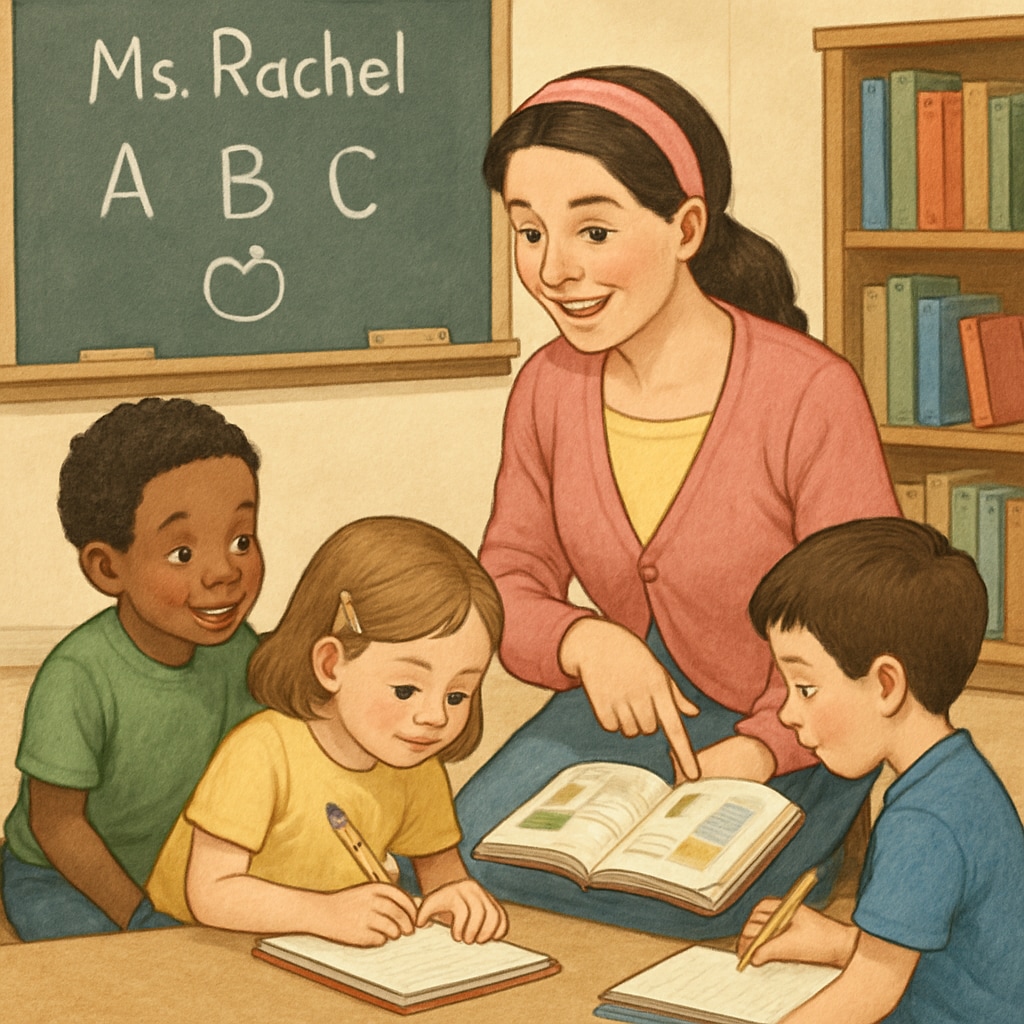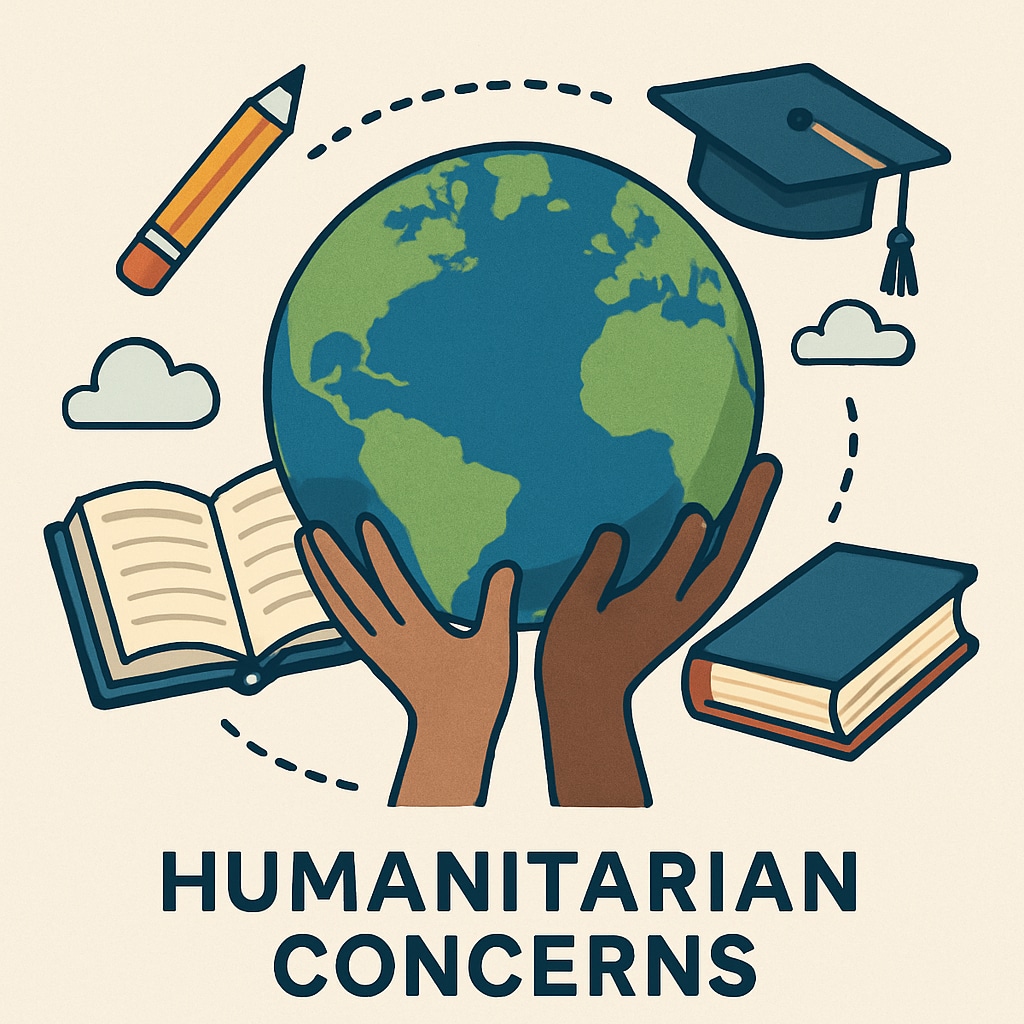Ms. Rachel, a prominent figure in children’s education, has garnered widespread attention for her engaging and educational content aimed at young audiences. However, her humanitarian outreach—or lack thereof—regarding pressing global issues, such as the Middle Eastern conflicts, has raised questions about the role of educators in addressing social and political concerns. This article delves into the complexities of balancing professional focus with social responsibility, exploring where the boundaries should lie and how educators like Ms. Rachel can navigate such dilemmas.
Should Children’s Educators Address Humanitarian Concerns?
Children’s educators, especially those with significant influence like Ms. Rachel, are often viewed as role models—not only for children but for the families who trust their content. While their primary focus is on education, societal expectations frequently push these figures to take stands on humanitarian issues. For instance, conflicts in the Middle East have sparked widespread calls for awareness and action, prompting scrutiny of public figures who remain silent.
However, not every educator feels equipped or obligated to address these concerns. Their expertise often lies in child development, language acquisition, or cognitive skills, not geopolitics or humanitarian crises. Therefore, while audiences may expect educators to express solidarity or raise awareness, doing so could inadvertently shift their focus away from their core mission.

Balancing Education and Advocacy: A Strategic Approach
The case of Ms. Rachel sheds light on the broader debate about the boundaries of social responsibility for educators. Advocacy for humanitarian issues, such as those in the Middle East, requires sensitivity, awareness, and often a considerable understanding of the topics. For educators, venturing into these areas without sufficient knowledge can lead to backlash or unintended consequences.
To strike a balance, educators can adopt strategies that align their advocacy with their professional expertise:
- Focus on universally accepted values, such as empathy, kindness, and inclusion, rather than specific political positions.
- Collaborate with experts or organizations who specialize in humanitarian advocacy to ensure accurate messaging.
- Incorporate age-appropriate discussions about global awareness into educational content, fostering early understanding without overwhelming young audiences.
By maintaining their professional identity while addressing broader social concerns, educators can contribute meaningfully without compromising their primary role.

Lessons for Educators in Navigating Social Responsibility
Ms. Rachel’s situation serves as a reminder that public figures in education must tread carefully when addressing humanitarian issues. While silence can be interpreted as indifference, uninformed advocacy risks undermining credibility. Therefore, educators should consider the following principles:
- Stay informed about global issues that resonate with their audience and values.
- Communicate their stance strategically, ensuring alignment with their educational mission.
- Respect diverse viewpoints while promoting shared values, avoiding divisive rhetoric.
Ultimately, the goal should be to empower audiences—both children and adults—with knowledge, empathy, and critical thinking skills. By doing so, educators can contribute to a more informed and compassionate society without losing sight of their professional responsibilities.
Readability guidance: This article uses short paragraphs, lists, and transitional phrases to ensure clarity and engagement. Passive voice and long sentences are minimized to maintain readability.


